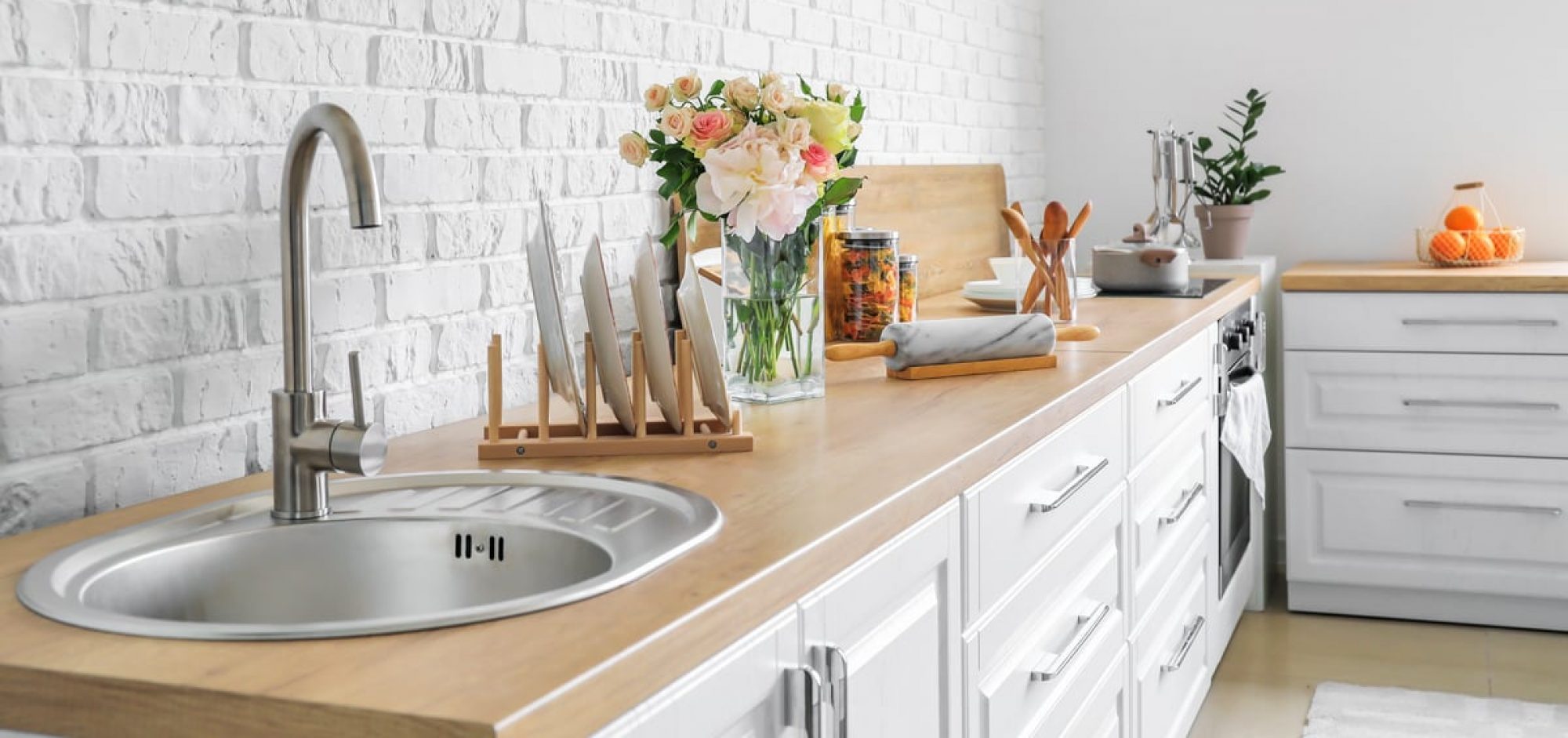Whether you’re planning to build your dream home or renovate an existing property, a construction loan can help make it happen. However, navigating the process can be overwhelming. This Ultimate Guide to Construction Loans 2024 will walk you through everything you need to know to secure this type of financing and breathe a sigh of relief knowing that your project is in good hands.
A construction loan is a short-term financing solution that allows you to pay for the materials and labor to construct your new home or renovations on an existing property. It works similarly to a traditional mortgage loan in that it requires a down payment and a borrower’s credit history is also evaluated. Often, these loans will also require a construction budget and a personal financial statement. Additionally, the lender will need to conduct a home appraisal in order to approve the loan amount.
As a general rule, a construction loan will have higher interest rates than a traditional mortgage. This is because these types of loans are considered high-risk due to the uncertainties involved in construction projects. However, the specific rates you’ll be offered will depend on a variety of factors, including your credit score and the size of the project. To maximize your chances of securing favorable loan terms, focus on improving your credit score, paying off outstanding debts, and resolving errors on your credit report.
When applying for a construction loan, lenders will want to see a detailed construction budget that breaks down all the expenses associated with the project. In addition, they’ll need a personal financial statement and the most recent version of your credit report. They’ll also want to ensure that you have cash reserves or a line of credit to cover any unexpected costs during construction. Finally, most lenders will require a down payment of at least 20% of the total cost of the project.
To improve your chances of getting approved for a construction loan, consider working with a local credit union or regional bank. These institutions are more familiar with the area and can more readily evaluate a property’s post-renovation value. In addition, they may offer more competitive rates than national banks. If you’re unable to secure a construction loan with these lenders, check out private lenders like RenoFi. Their One Time Close loans are designed to streamline the process and can be used for land, construction, and a permanent mortgage. Their credit requirements are more flexible and may be suitable for self-employed borrowers or those with a few blemishes on their credit.

